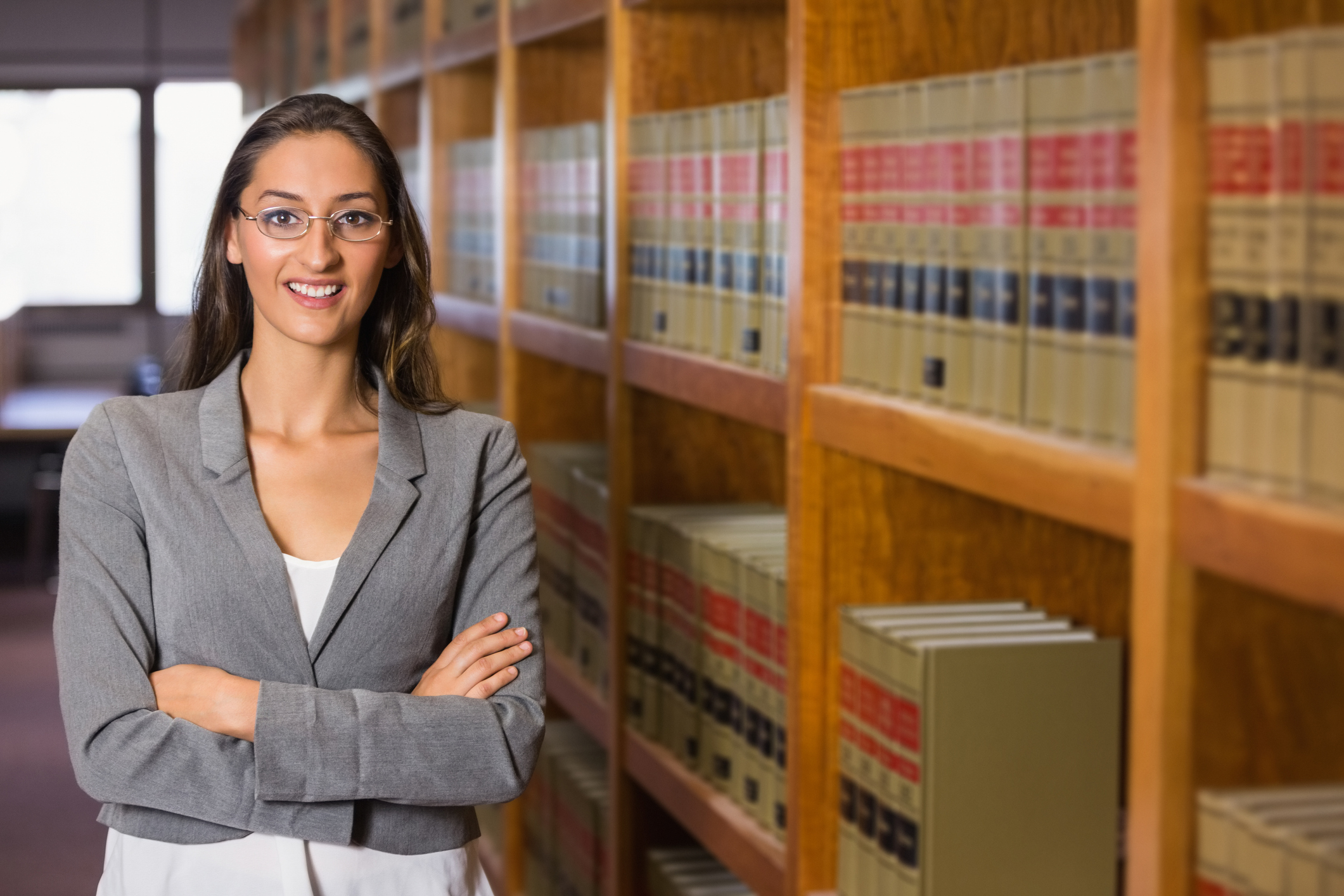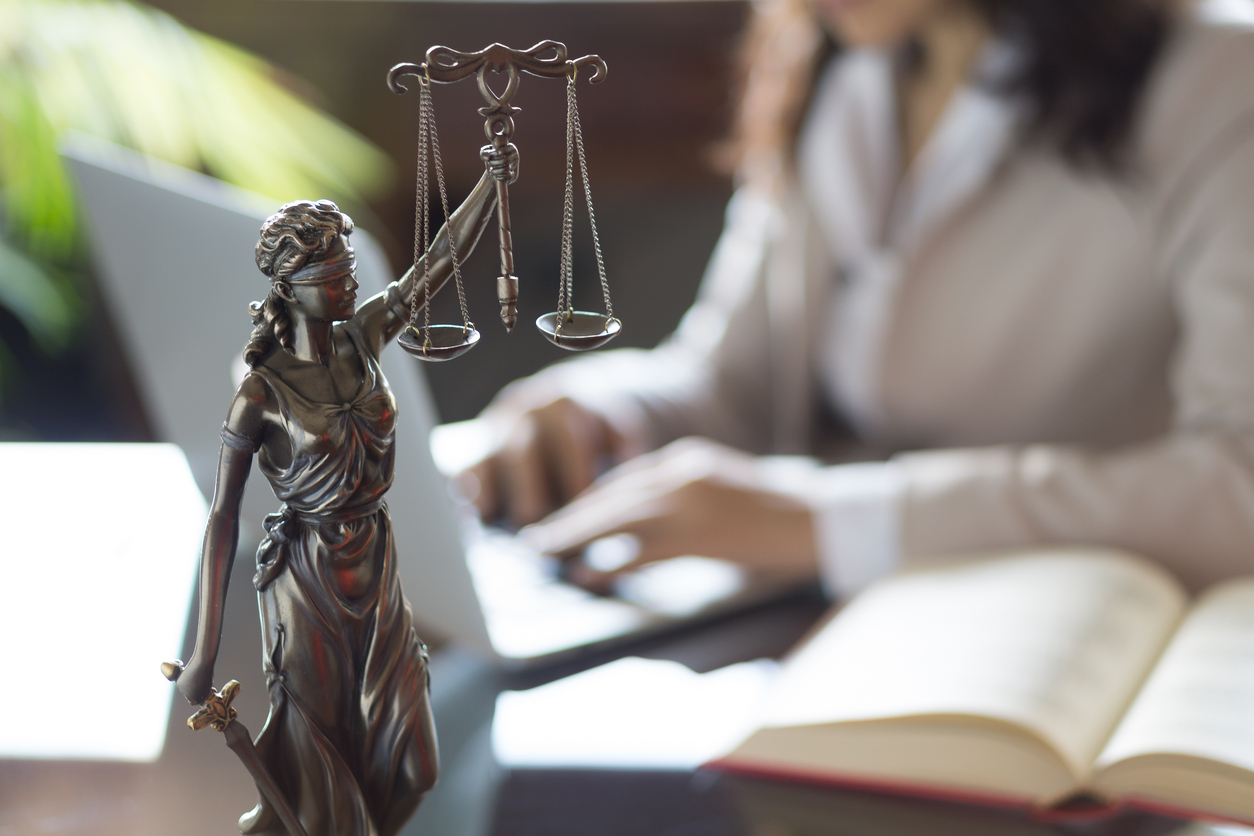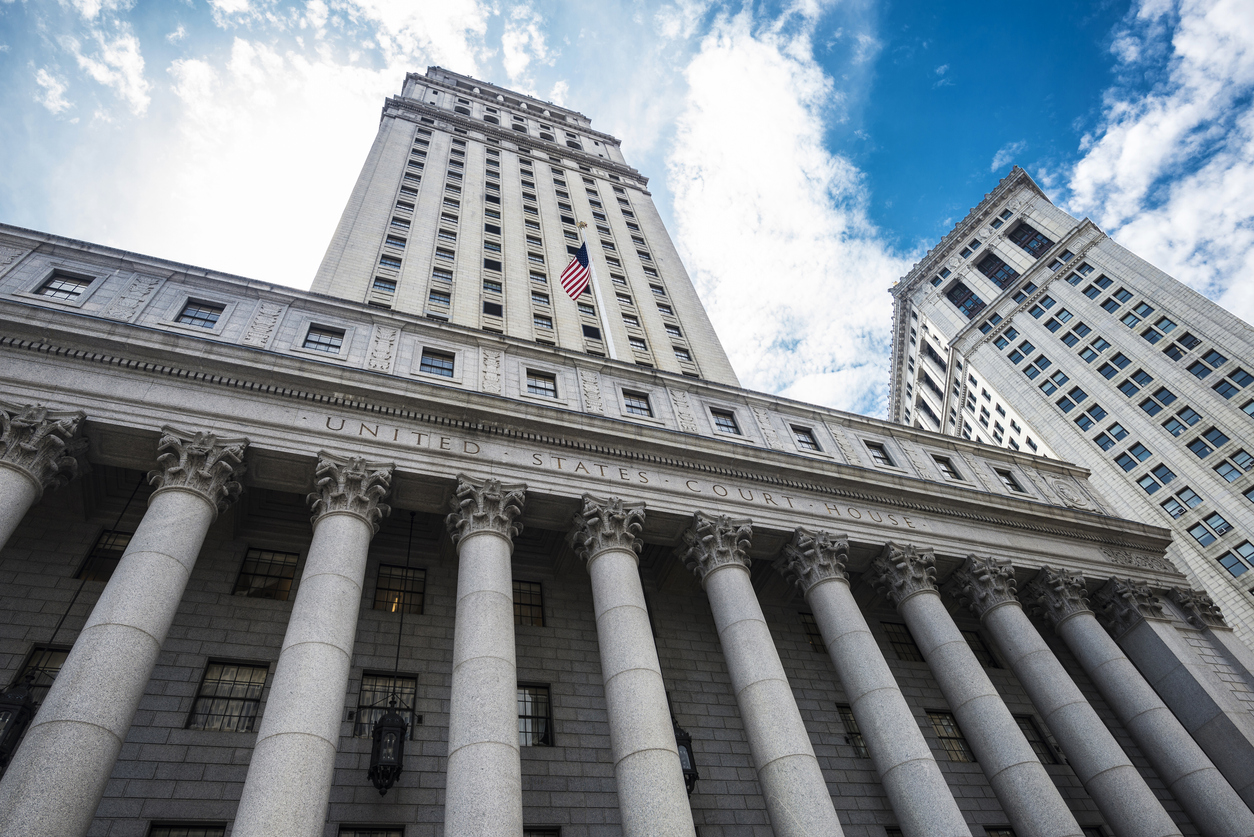Covid-19 has affected every aspect of our lives, including our working lives. Suddenly, firms are advertising remote legal positions on job board sites around the country. An attorney licensed to work in New York, lives and works remotely in his home in New Jersey.
This doesn’t just involve those whose work and home lives are in close proximity but in separate jurisdictions. Attorneys are looking to work far outside their normal jurisdiction. Remote work makes this possible. However, attorneys are bound by ethical standards and some of those standards are relevant to remote working. In particular, lawyers are licensed or authorized to work in a particular state. They are not licensed to work outside that state. Doing so may open them to a charge of the unauthorized practice of law, which can lead to sanctions or possible disbarment.
The Movement Toward Loosening Restrictions
Even before the onset of Covid-19, attorneys had been calling for reform of what many view as protectionist rules that prohibit an attorney admitted in one state from practicing in another. Computers, internet, and conferencing platforms all make it possible to do much of the work involved in an attorney’s work life from any location. According to Jason Stephens of Stephens Law PLLC, “With the realities of Covid in the workplace, remote working has become the norm for many attorneys”. As a result, more attorneys are now working outside their jurisdiction.
ABA Model Rule 5.5
The American Bar Association’s (ABA) Model Rule 5.5 addresses practicing across jurisdictional lines. Most states have adopted Rule 5.5 in some form.
Rule 5.5 prohibits any attorney from practicing law in a jurisdiction in violation of the regulation of the legal profession in that jurisdiction. Nor may an attorney assist another in doing so. Specifically, the Rule states that an attorney may not establish an office or other systematic and continuous presence in that jurisdiction for the practice of law, or hold themselves out to the public as being admitted to practice law in that jurisdiction.
The Rule also carves out exceptions to this general rule. It is acceptable for an attorney to work in another jurisdiction in which the attorney is not licensed provided the employment is temporary. However, the attorney may not have been disbarred or suspended in any jurisdiction. In addition, the attorney must be working in association with a duly licensed attorney in that jurisdiction.
The Rule also provides another safe harbor provision. It is acceptable for an attorney in good standing within their home state to work temporarily, providing legal services that arise out of or are reasonably related to the lawyer’s practice in a jurisdiction in which the lawyer is admitted to practice.
So, when does work stop being temporary and cross into persistent practice? While there is no bright line, the work may not be so long that it rises to the level of systematic and continuous presence in that jurisdiction. This standard is one that is open to interpretation.
States Are Beginning to Address the Problem
Seeing the possibility of remote working as a necessity for some time to come, states are beginning to address the jurisdictional issue. Some states already allow lawyers to practice across state lines, Minnesota, North Carolina, Arizona, and New Hampshire among them. These states allow out-of-state lawyers to practice as long that they disclose that they’re not licensed to practice in that state.
Washington D.C has also relaxed its rules during the pandemic. The DC Court of Appeals Committee on Unauthorized Practice of Law has opined that the necessity to work remotely due to Cvid-19 fits within the temporary practice exception outlined in Rule 5.5. New York has allowed a similar exception.
Florida is considering making the change permanently. A Florida state bar advisory opinion has stated that an out of state attorney is not engaged in the unauthorized practice of law if solely practicing federal intellectual property matters, which was his area of expertise as long as the attorney was not practicing Florida law. While this will have to be confirmed with Florida Supreme Court action, it represents movement toward an ethical approach to serving client needs.
What Will Happen After The Pandemic Ends?
It is uncertain whether the rules regarding crossing jurisdictional boundaries will continue to relax after the pandemic ends. The trend is likely to continue into the near future. But as one year stretches into two, the question of what is “temporary” will undoubtedly have to be revisited.
Read More



